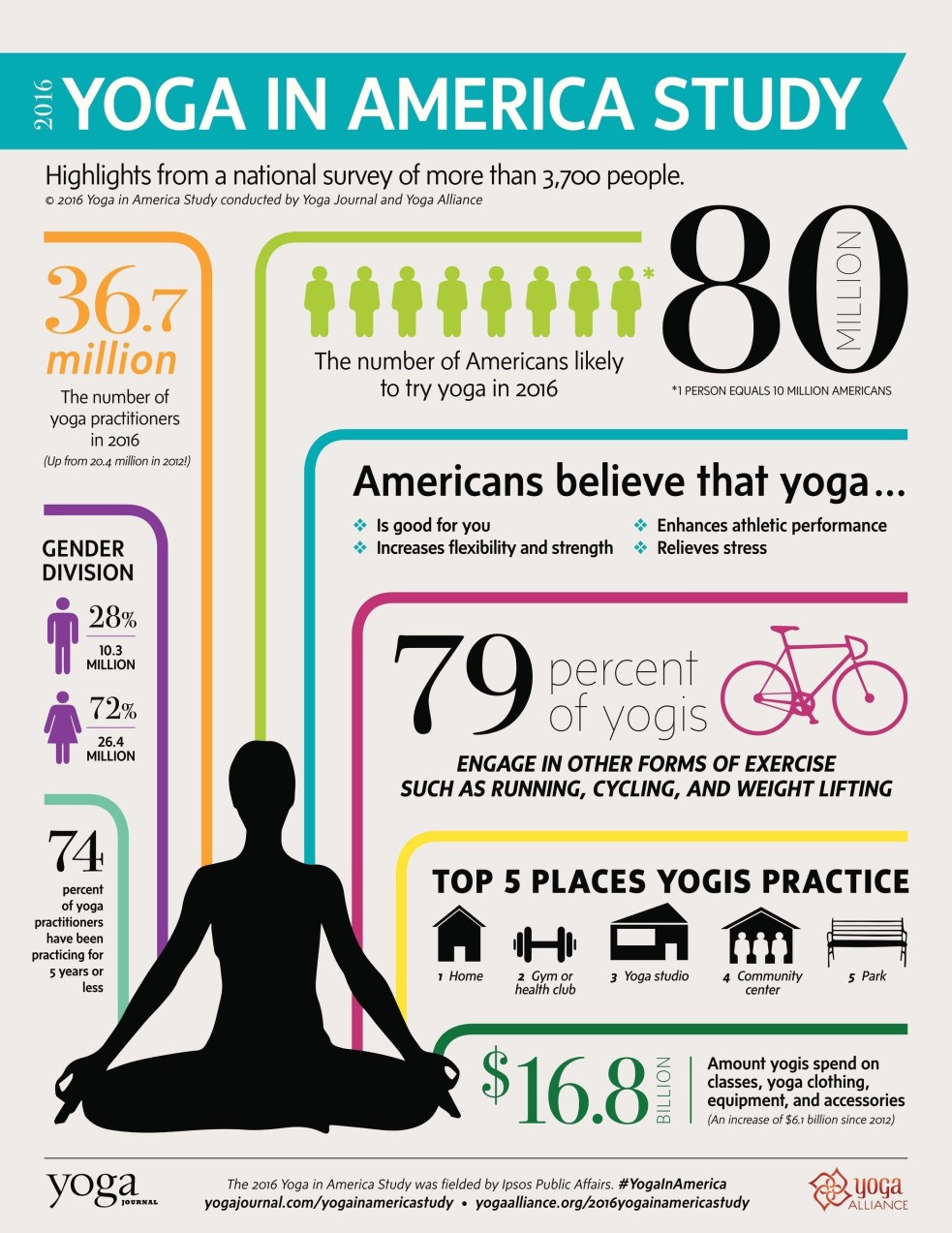For the moving generalist. Plan ahead, JollyGens!
Whether or not you are a generalist or specialist, big picture or narrow focused, just about everyone at some point in their life finds themselves in a situation where they need to move in with a new roommate. This can be a big decision and sometimes a daunting task for all parties involved, which is why it is important to consider all factors, big and small.
1. Timeline
It is important, right off the bat, to make sure you and your potential roommate are working within the same timeframe. Clearly identify your start date and prospective end date so that the other person doesn’t face any surprises down the road. Give the other person indicators of when you intend to find the place and move your furniture in. Be sure to give as accurate a timeline as possible so the beginning and ending of your living arrangement is as smooth as possible.
2. Location
Location, location, location. Make sure you and your roommate are on the same page when it comes to where you want to live. Find the mutual bordering lines that you want to stay within and avoid swaying from there. Location means a lot and no house, no matter how perfect, will satisfy you if it isn’t in your realistic area.
3. Budget
Before considering anything else, make sure you and your roommate are working with the same numbers. Determine your max budget and your ideal budget and see how they compare with your potential roommates. Hopefully, they align or are within the same ranges. If they do not align, ask if there is any flexibility.
4. The Space
Finding the perfect space can be a challenge and realistically, there will never be the “perfect space.” The trick is to find a space that checks most of your boxes and to be willing to compromise where necessary. Try picturing yourself on a typical day in the space and see how it fits. If it looks good, the details for the rest can be worked out from there.
5. Furniture
Review your inventory of furniture and personal items to see where you are covered, where there is overlap, and where you need to fill in some gaps. Be clear on items that have to be included and ones that can be eliminated where necessary. Be willing to let go of some things to make room for the other person.
6. Lifestyle
Last, and very importantly, make sure you are working with someone with a lifestyle that is compatible with yours. They don’t need to have the same or even a similar lifestyle to yours but you have to be okay with what they are offering. Be upfront to your potential roommate about what they can expect from you and ask that they, in turn, do the same. It is better to be upfront about these things than to find out later on that the relationship was doomed from the start.












